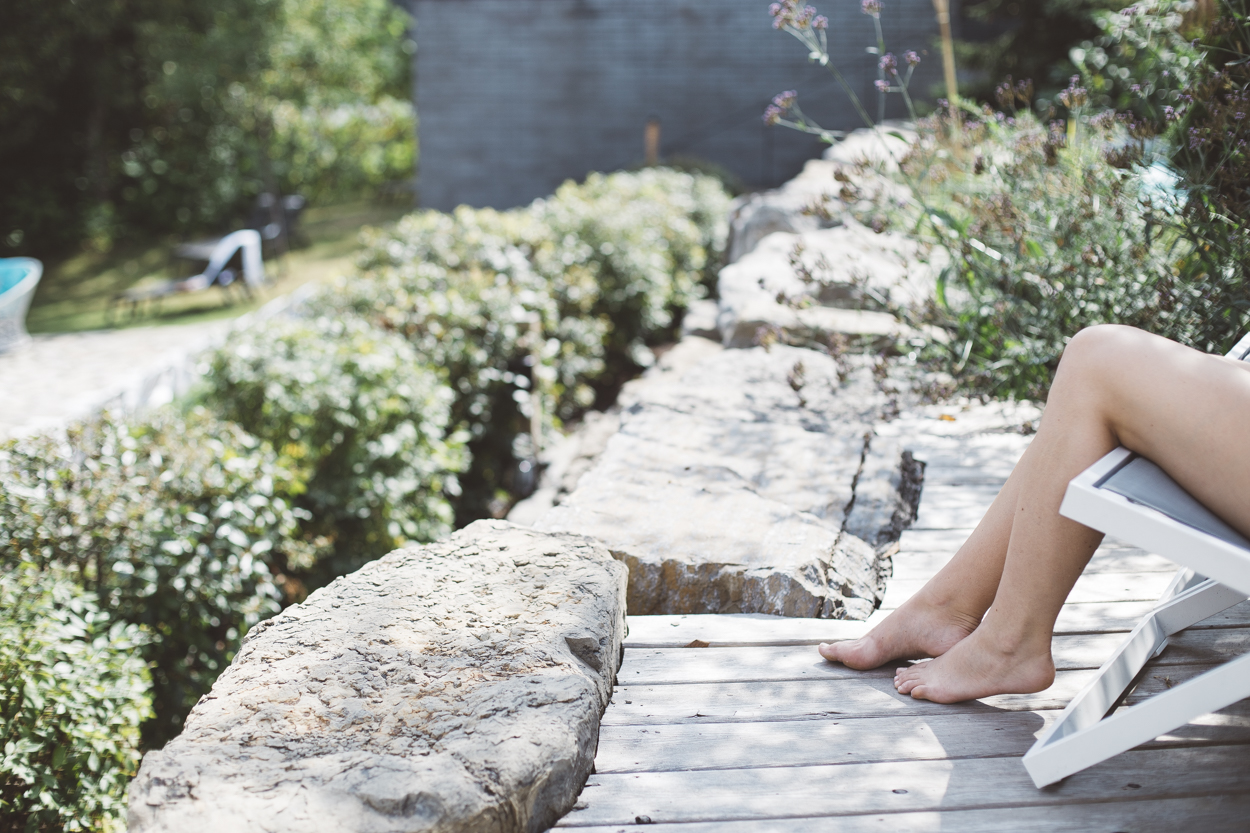Work, family, obligations, social life…. it’s not always easy to keep up with our busy lifestyle. Lucky for us, nature gives us plenty of remedies that stood the test of time. Here is a practical kit made up of medicinal plants, used for a long time by our ancestors, and now ready to help out today’s women.
Research on medicinal plants has made it possible to identify precisely which elements are at the origin of their benefits. Even if our ancestors were not able to accurately understand the chemical functioning of these substances, they still knew the real effects they had on their health.
Conventional remedies have since proved their worth in clinical studies. This includes, amongst others, the cranberry for treating urinary tract infections and melaleuca (tea tree) to help with acne.
Concentration and performance
Another proven herb is ginseng: it helps to improve concentration and mood and contributes to a better performance, both intellectually and physically. Therefore, it is a great substitute for caffeine when we face an energy slump during the day.
Skin care
Because of its high water content, the cucumber hydrates and refreshes the skin. The famous cucumber slices no longer need introductions: they are the perfect tool to reduce puffiness and dark circles under the eyes while offering a moment of relaxation at the same time.
Aloe is also a great choice for the skin. Its well-known anti-inflammatory properties make it a favorite product against sun burn and burns, but it is also an excellent moisturizing agent to use when our skin is too dry.
Female health
There are only a few synthetic products available to help women with their various hormonal discomforts, but several medicinal plants come to the rescue. Verbena and black cohosh alleviate premenstrual symptoms and hot flashes; the raspberry leaf, a millennium old cure for women, helps to regulate the menstrual cycle. These plants can be consumed regularly in the form of herbal teas in order to reduce discomfort. For menstrual cramps, you can try the following tincture for a more concentrated effect: add 1 teaspoon of valerian root tincture and 1 teaspoon of cramp bark (Viburnum) tincture to 30 ml of water.
Relaxation and Sleep
The plants that can help improve relaxation and sleep are numerous: sage and passionflower are recognized as anxiolytic; linden, chamomile and lavender have excellent calming effects; lemon balm, Labrador tea, hops and valerian have powerful sedative properties that help us falling and staying asleep. These plants can be consumed in the form of herbal teas or tinctures.
The calming effects of these different plants can also be enjoyed in a bath for the ultimate relaxation: infuse 2 liters of water with 40 to 60 grams of the plants of your choice for 8 minutes, filter the liquid and pour it into the bath water.
How to prepare infusions and tinctures
- For infusions: immerse the plants in boiling water for 3 to 4 minutes if you use fresh plants, and 5 to 7 minutes if you use dried plants.
- For tinctures: you can buy them in stores that are specialized in herbalism, but you can also make them at home. Place 150 grams of chopped fresh plants in a big jar and cover them with 1 liter of neutral alcohol (e.g. vodka). Hermetically seal the jar and let it macerate for five days in a warm place sheltered from the sun, shaking the jar several times a day. Filter it through a fine strainer and then pour the liquid through a coffee filter. Now it is ready to be used.
Caution: it is very important to keep in mind that medicinal plants are a form of medication, just like synthetic medication, and therefore may have side effects. Individuals in special situations for example pregnancy, depression or hypertension should take extra precautions. Your herbalist or pharmacist can further inform you about this.
YOU MAY ALSO LIKE THESE ARTICLES
Honey, nectar for good health!
The morning routines of wellness experts




